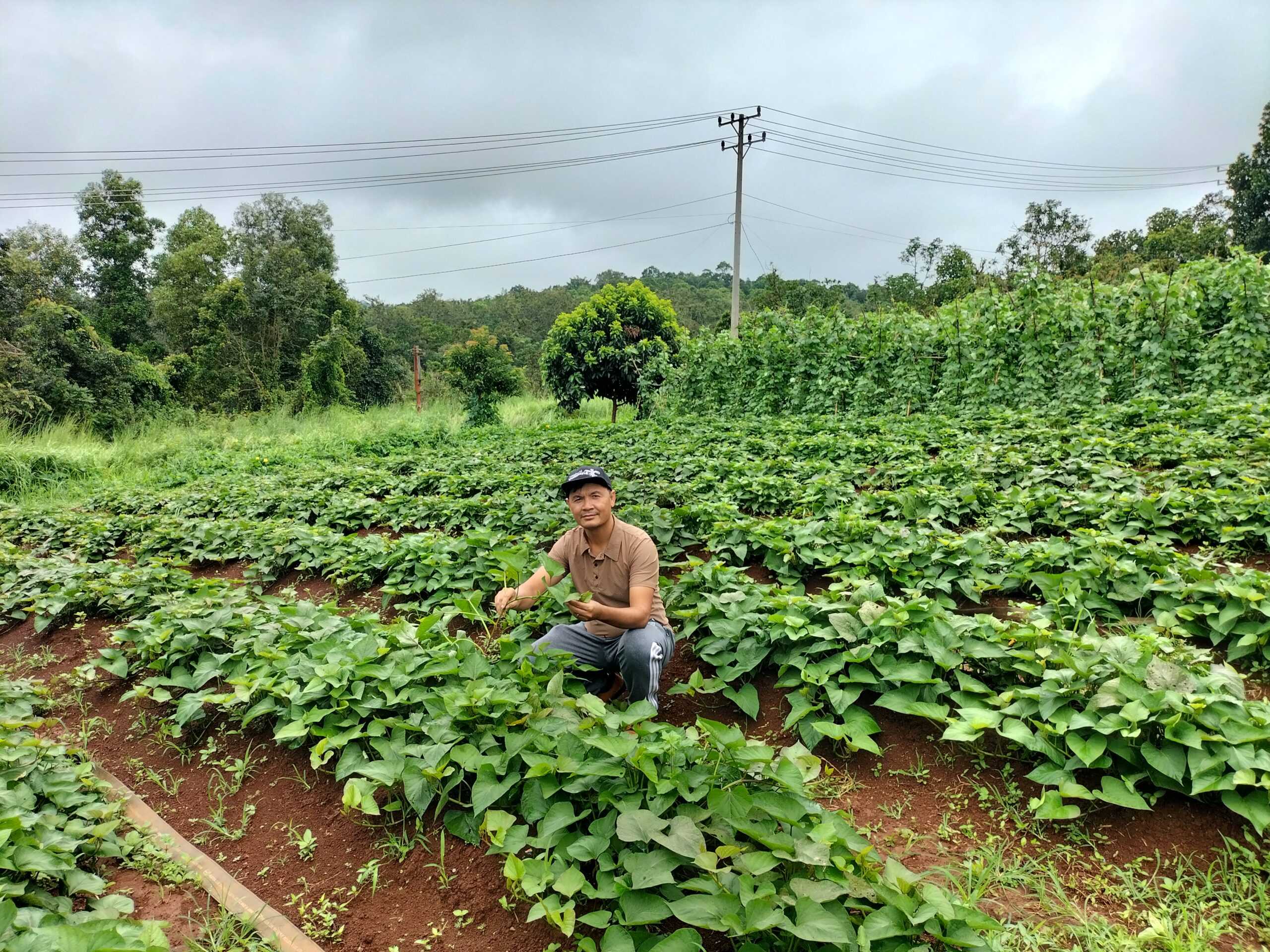About Us

© WWF Cambodia
We can no longer exploit resources beyond planetary boundaries. If we continue producing and consuming food without this fact in mind, our planet will be at risk. Many prevailing food systems around the world are in critical need of a course correction.
Future Food Together is a response to the urgent change that is needed in the way we consume and produce food. It presents a different vision for food systems in the Global South; one that prioritises collaborative solutions, sustainability and scalability.
- We are a network of dedicated WWF teams working with local experts to develop and implement in-country solutions.
- We drive the process end-to-end, by translating research and expertise into tangible solutions that are actionable at pace
- We build tailored solutions from the ground up instead of following top-down, general frameworks
- We empower knowledge exchange to facilitate insight sharing between countries in the Global South
The first phase of the project came to an end in 2023 in Paraguay, Colombia, Indonesia and the Philippines. Future Food Together entered its second phase, collaborating with government departments, private businesses, farmers, and civil society in project countries Thailand and Cambodia. This collaboration aims to implement a series of coordinated actions promoting sustainable consumption and production practices.
“Transforming sustainable consumption and production in Thailand isn’t easy. How do we shake things up in the food system, ensuring people’s livelihoods, meeting market needs, and preserving our environment, promoting fairness, safety in consumption, and ensuring access for everyone? It’s going to take teamwork and cooperation between policymakers, businesses, consumers, and farmers. But I’m optimistic! Our generation can make sustainable consumption and production a success. Let’s pave the way for a world where sustainability is just how we live—a legacy for generations to come.”
“A sustainable consumption and production initiative is new to the people of Cambodia, who need to know, understand, recognize, and apply it as the population grows and migrates, posing greater challenges to natural resources. The SCP project is a new model that will result in changing the behavior of producers and consumers through the collaboration of stakeholders such as market transformers, technical supporters, and policy makers.”
“Working on sustainable production and consumption means a combined effort among changing behaviors, beliefs, and practices. It is creating shared knowledge and examples to promote a ripple effect in the food system. It is doing technical efforts and at the same time changing minds and hearts to establish a new way to relate to food. This Project is helping us do that. Working with the retail sector to help them reduce their food waste, and at the same time, promoting shoppers to behave better when they put food in their baskets. Is to encourage pragmatic solutions and build capacities enough to transform how things have been done.”
“The concept of sustainable consumption and production of food is very relevant to a country like the Philippines given its vulnerability to the effects of climate change, its growing population, its promising economic development, and its natural resources. Let us be responsible with our resources, support local products, reject unnecessary plastic, increase our consumption of plant-based foods, and avoid food waste at all costs. Food is a valuable resource, and yet it is also a major contributor to the degradation of nature. It is up to us which way we want to go in the future, but choosing SCP with every bite of food we consume makes all the difference today and in the future.”
“The success factor of SCP – sustainable consumption and production – is the integration of politics, the private sector and the consumer. As well as the use of a common language tailored to individual lifestyles, ensuring that a wide range of people can be actively involved.”
“I’ve been asked why I chose to work on such a difficult and hard to tackle issue. Trying to shift consumption and production patterns in food and agriculture towards sustainability is indeed not an easy quest. Existing systems, preferences and habits are very difficult to overcome. At the same time, we cannot afford not to do it. We haven’t got the luxury of being able to say we’ll just continue as we have done so far. Business as usual is not an option. Our planet, our health, our resources, and our children need us to make a change, and I’m willing to help those along that are trying to make that change. I’m a person who feels at home in the world, and I love connecting people and ideas. Let’s do this together!”
